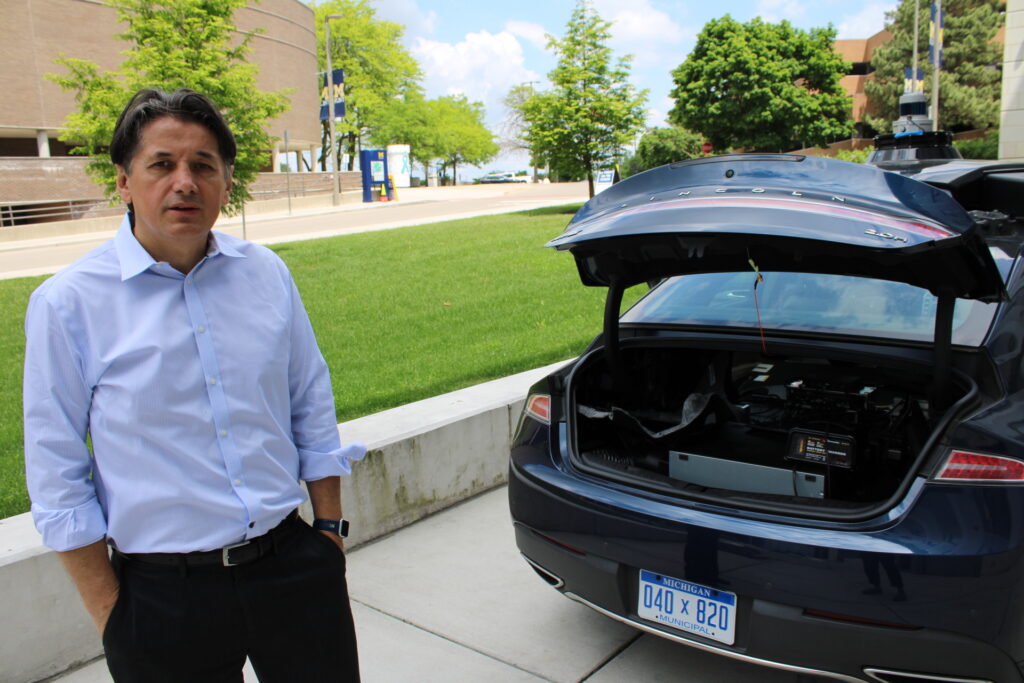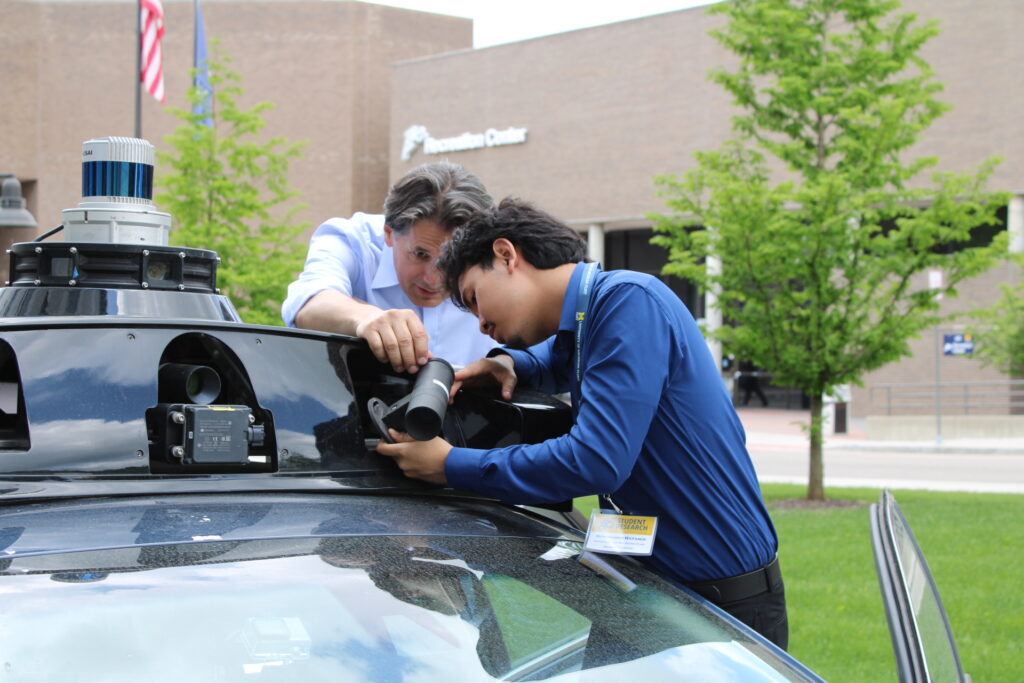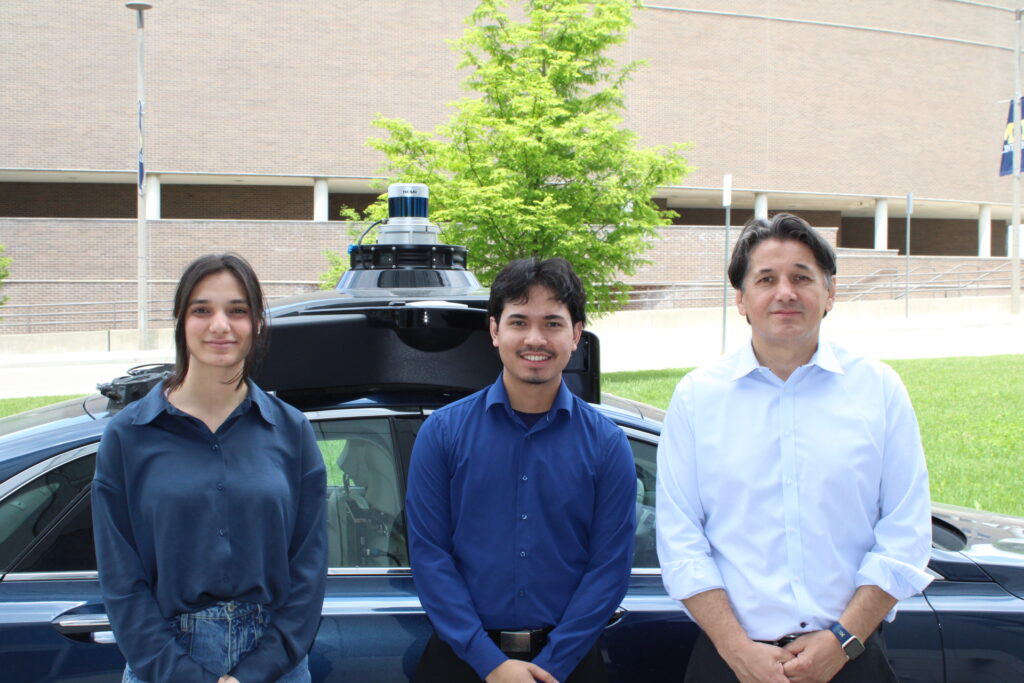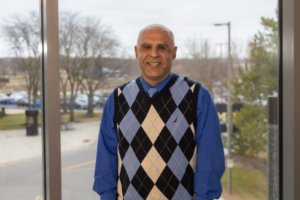Daba Coura Mbow

Professor Mihai Burzo, an associate professor of mechanical engineering at the University of Michigan Flint, is delving into the future of automotive technology with his groundbreaking work on autonomous vehicles. Born in Transylvania and armed with a Ph.D. from Southern Methodist University, Professor Burzo’s expertise spans microelectronics, computational dynamics, and mechanical engineering, with a recent pivot towards integrating artificial intelligence into his projects.

In a recent interview, Professor Burzo discussed his journey into the world of autonomous vehicles, shedding light on his research challenges ahead. “I really like research. This is what I enjoy actually doing. I like teaching too,” he shared, underlining his passion for pushing the boundaries of technological innovation. Highlighting his transition from traditional mechanical engineering to the cutting edge of AI, Professor Burzo explained, “Lately, I’ve been interested in using artificial intelligence for my projects.” His work focuses not only on building an autonomous vehicle but also on the human-computer interaction systems within it and its technical aspects.

When asked about his motivation for focusing on autonomous vehicles, Professor Burzo emphasized the need to bridge the gap between current technologies and fully autonomous driving. “I’m kind of working on the space between where we are now and autonomous driving,” he explained, expressing skepticism about the immediate realization of fully autonomous Level 5 vehicles. In his research, Professor Burzo tackles critical challenges such as driver alertness, road surface detection, and climate control integration, aiming to enhance the safety and efficiency of autonomous systems. He highlighted ongoing collaborations with companies like Toyota and Ford, illustrating the interdisciplinary nature of his work.
However, Professor Burzo also acknowledged the complexities surrounding the widespread adoption of autonomous vehicles, particularly regarding public trust and legal frameworks. “When do we get that trust, right? Like me and you, we’ve been driven by costs. We want to be in control,” he mused, emphasizing the gradual nature of technological adoption.
Reflecting on his journey, Professor Burzo marveled at the capabilities of artificial intelligence in understanding human physiology and behavior. “The power of the machines… is that you can use different modalities,” he remarked, pointing to AI’s ability to process vast amounts of data in real time.

As Professor Mihai Burzo continues to pioneer advancements in autonomous vehicle technology, his work stands as a testament to the transformative potential of interdisciplinary research and the boundless possibilities of artificial intelligence in shaping the future of transportation.




